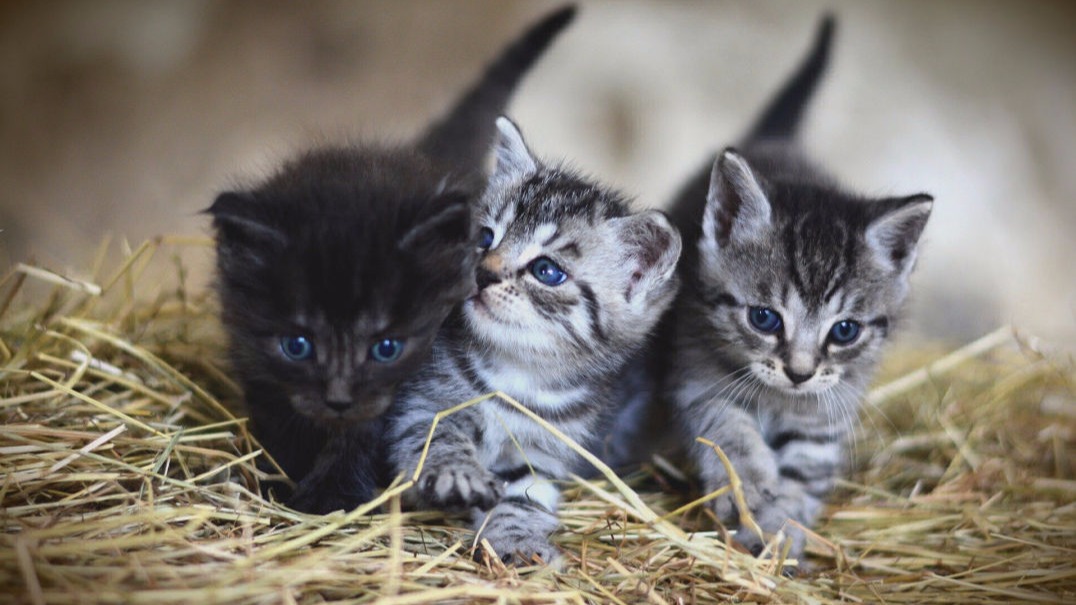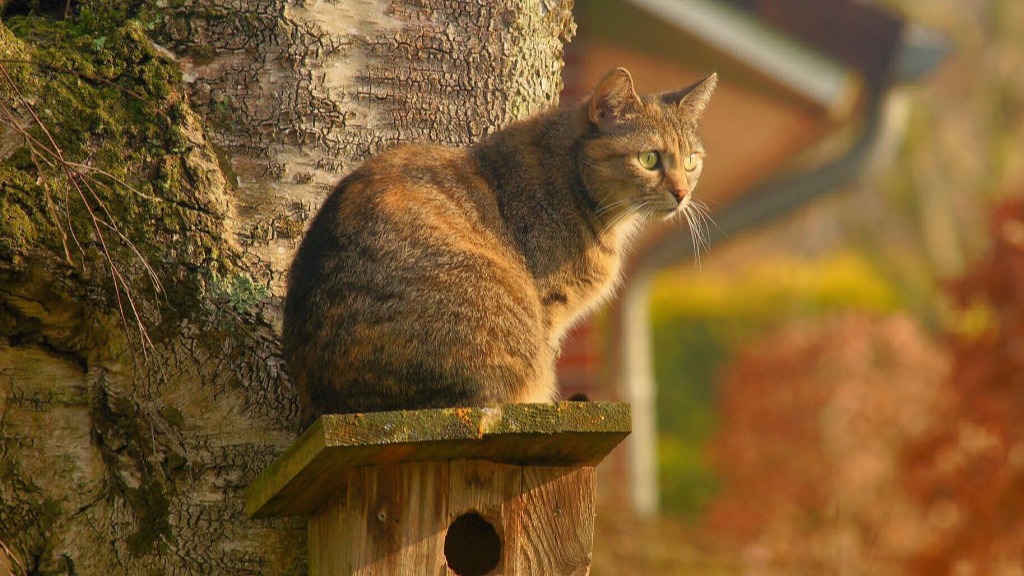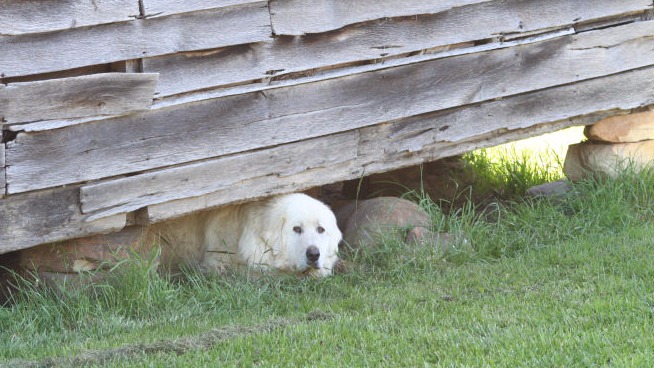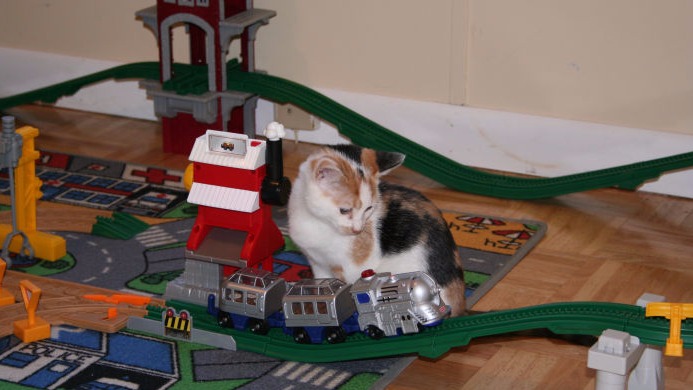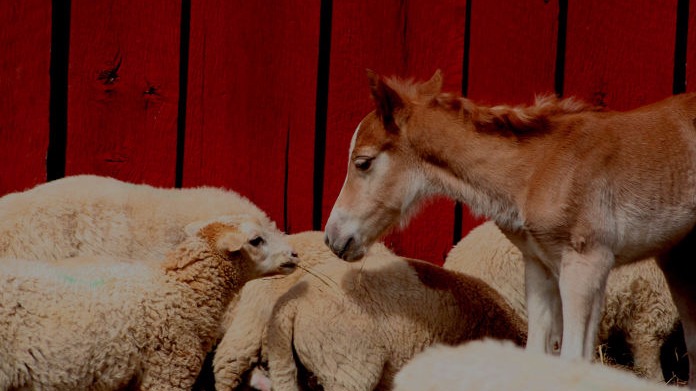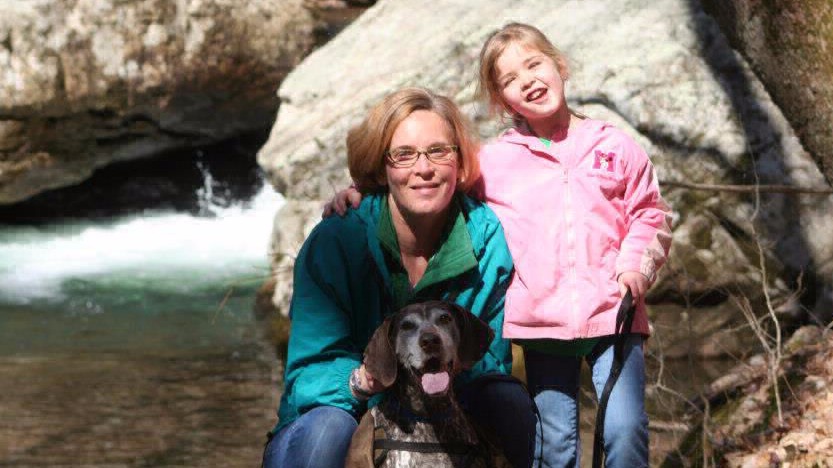Rabies Vaccination
Rabies is a 100% fatal disease of mammals. Because there is no effective treatment and the disease can also infect humans, vaccination against the rabies virus is required by Virginia law.
Feline FVRCP Vaccination
FVRCP = Feline Viral Rhinotraceitis Calicivirus Panleukopenia.
Feline viral rhinotracheitis (feline herpesvirus 1 or FHV-1) can lead to a severe upper respiratory tract disease (including rhinitis, sneezing and conjunctivitis). This disease may progress to serious pneumonia. The virus can lay dormant in cats until they are stressed, which causes a flare-up of symptoms.
Calicivirus (feline calicivirus or FCV). Similar to FHV-1, feline calicivirus typically causes upper respiratory tract disease and oral ulceration. It can also cause chronic stomatitis, pneumonia, systemic disease or lameness.
Calicivirus can be fatal.
Feline panleukopenia virus (FPV) is sometimes referred to as feline parvovirus. FPV causes serious gastrointenstinal disease and immunosuppression in infected cats. Unfortunately, it’s often fatal.
FPV can also live in the environment, such as contaminated bedding and other items, for up to two years.
FVRCP vaccination is recommended for all cats due to ease of transmission.
Feline Leukemia (FeLV) Vaccination
Feline leukemia is generally transmitted through contact with saliva from an infected cat. Certain “social” behaviors such as mutual grooming and sharing food or water bowls can spread the disease. Kittens can become infected during fetal development or during the first days of life as their mothers nurse and care for them. Predicting which cats can transmit the disease is complicated because some cats that are contagious don’t develop signs of infection.
Feline Leukemia vaccination is recommended for all cats that go outside.
Fecal Parasite Testing & Appropriate Deworming
Roundworms, hookworms, whipworms, and other intestinal parasites are relatively common in pets. They can cause mild to serious illness. Accurate diagnosis, including identification of the parasite(s) present, is important to determine the best treatment and help ensure a full recovery.
